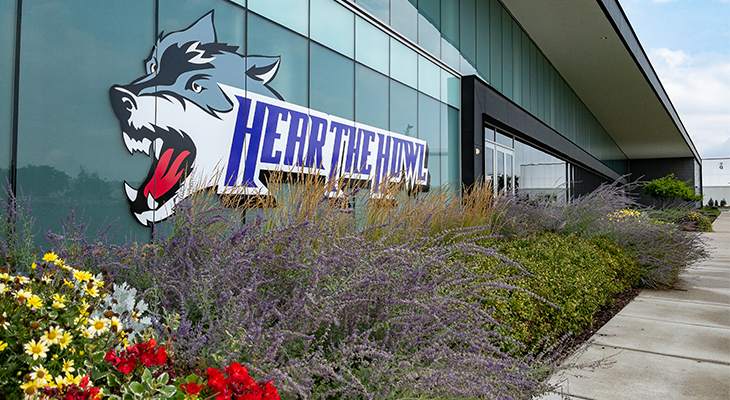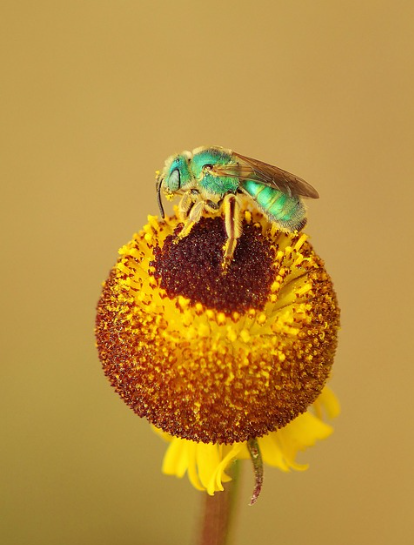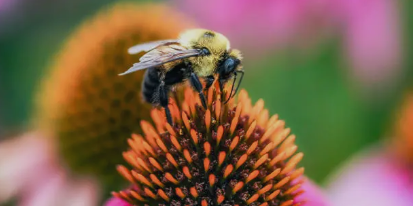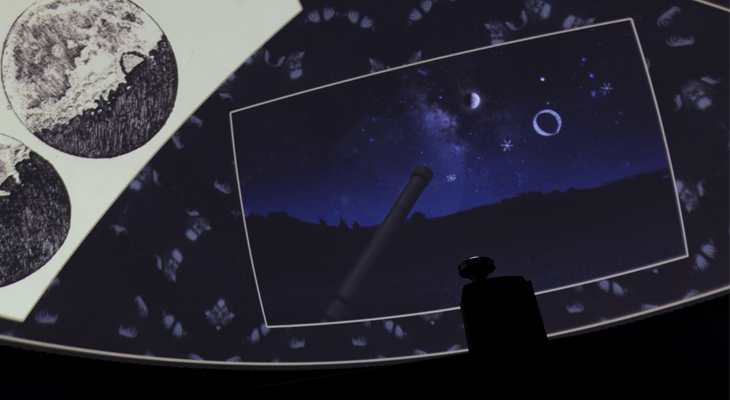
JJC Wolves Basketball vs. Prairie State College
Pollinators are some of the most important species within an ecosystem. Without them, countless plant species would go extinct for lack of a way to reproduce. Without those plants, the food supply for every level of life in the food chain would be cut in half. And many pollinator species evolved alongside plant species, which means that species like the monarch butterfly cannot reproduce without milkweed for their caterpillars to eat. Even more worryingly, immense stretches of pollinator-rich habitat have been destroyed all over the United States. Pollinators need our help.
That is why JJC is proud to be a haven for native pollinators. From our pollinator garden by the Greenhouse, to our ongoing restoration efforts in the campus natural areas, JJC is committed to making its campus as friendly to pollinators as possible. In Summer 2024, the Roads and Grounds Committee outlined a plan to replace the grass islands north of the E6 parking lot with 600 native plant species. Our developed areas will no longer be a pollen desert. On top of that, JJC is making moves to become a certified Monarch Waystation and Pollinator Campus! We are dedicated to being a safe place for all pollinators.
Monarch Watch officially recognized the Joliet Junior College Romeoville Campus Prairie as Monarch Waystation number 47950 in June 2024. The prairie is considered "colossal" because it exceeds 5,000 sq. ft. in size
Monarch Watch officially recognized the Joliet Junior College Dr. William M. Zales Nature Trail as Monarch Waystation number 49550 in November 2024. The nature trail is considered "large" being between 500-999 sq. ft. in size



